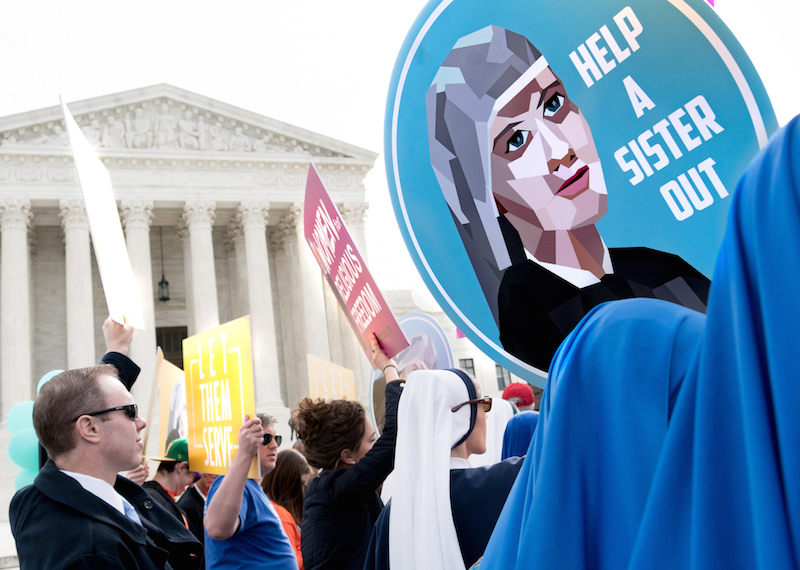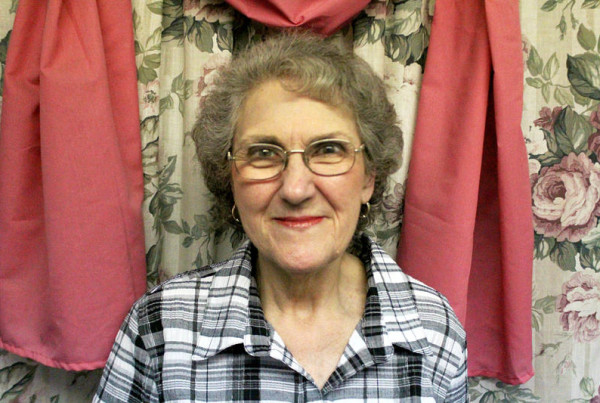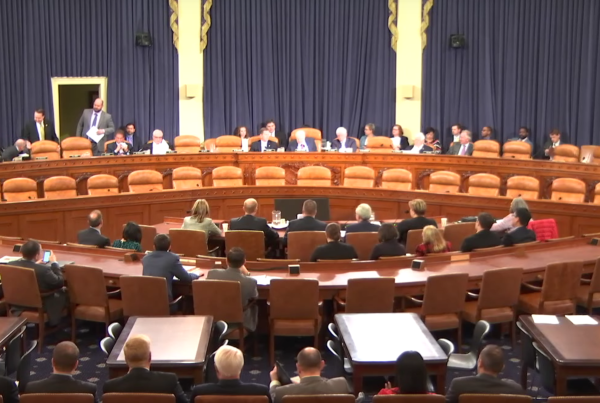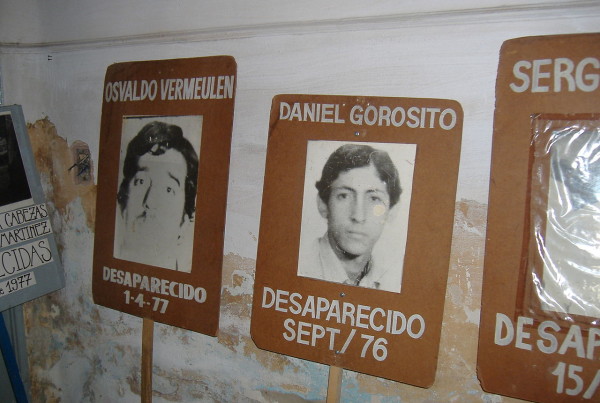The U.S. Supreme Court heard oral arguments Wednesday on a case involving the Affordable Care Act and birth control. Zubik v. Burwell challenges the health care law’s requirement that religiously affiliated organizations include contraceptive coverage in their employee health care plans. Two of the plaintiffs in the case include East Texas Baptist University and Houston Baptist University.
What do yesterday’s oral arguments tell us about how the court might rule? Robert Barnes, Supreme Court reporter for the Washington Post, says some religious institutions are arguing that the birth control mandate in the Affordable Care Act infringes on their religious freedom.
“They particularly looked for insurance plans that did not cover contraceptives… because it violates their religious beliefs to supply those,” Barnes says.
The Hobby Lobby case in 2014 held that private companies could refuse to provide no-cost birth control under religious objections.
“In that case, the court ruled 5 to 4 that they should be exempted because of something called the Religious Freedom Exemption Act,” he says. That federal law holds that the government cannot impose a “substantial burden” on groups to require them to act against their religious beliefs.
This case, Barnes says, deals with private, non-church organizations. “These are universities, charities, other groups that are religiously affiliated but are not churches,” he says.
Barnes says the four liberal justices believe what the Obama administration has offered is an adequate accommodation. Currently, companies can sign a form saying they refuse to provide birth control and leave the government to negotiate with the insurance providers on how to provide female employees with birth control.
“They say even signing that form and directing the government to do this is an act of sin for them,” he says, “and it makes them complicit in sin.”
The conservative justices are siding with the organizations, leaving the swing vote of Justice Anthony Kennedy to be a deciding factor. In the Hobby Lobby case, Kennedy said he thought the government accommodation was enough for businessowners, but yesterday he sounded more skeptical.
“He said that, in effect, it allows the government to hijack the insurance plans of these religious organizations,” he says, “and then to use them to provide this coverage that the groups don’t believe in.”
Barnes says a 4-4 split would mean the lower court rulings would hold. Eight of the regional courts of appeal have said the accommodation is enough and the law can go into effect, while one court ruled the opposite, that the law can’t go into effect.
“All of those would be upheld,” he says, “which would mean that the law would be applied differently across the country.”
















